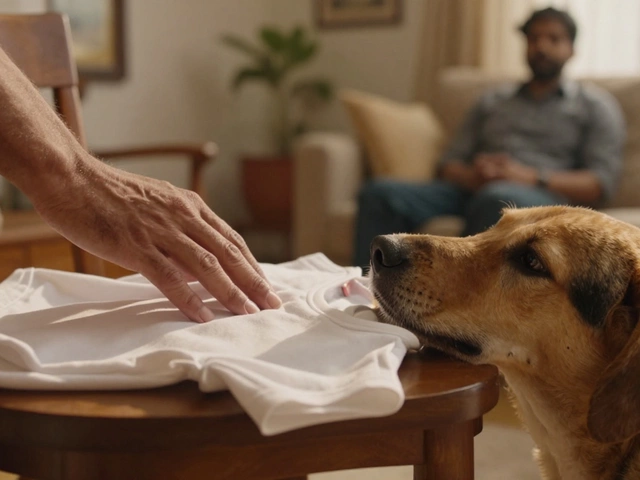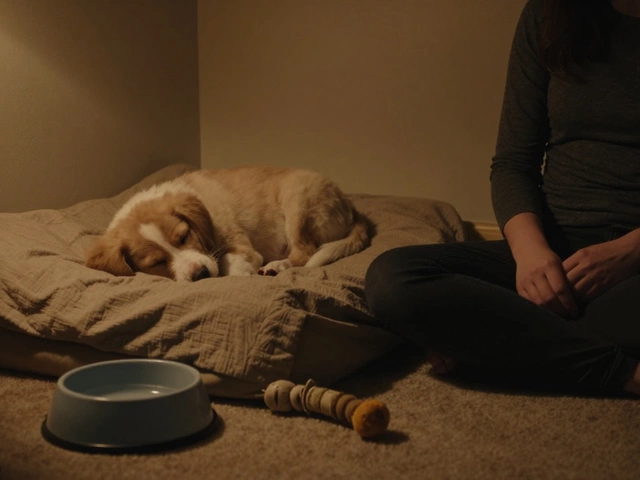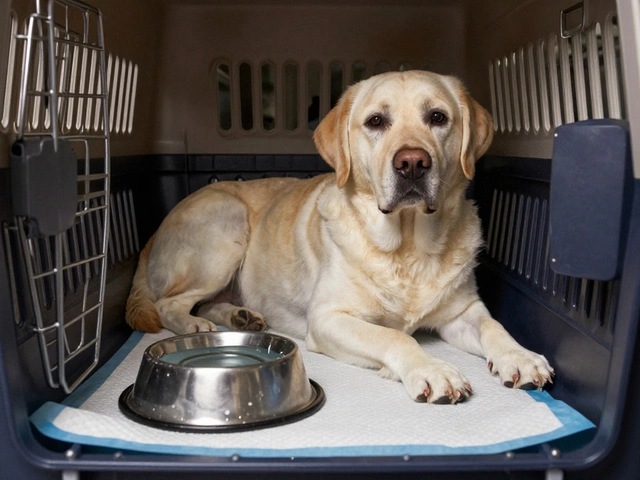Canine Vaccinations: What Every Dog Owner Should Know
Vaccines are like a safety net for your dog. They keep serious diseases away and help your pet live a longer, happier life. If you’re new to dog ownership or just want a quick refresher, this guide breaks down the basics in plain language.
Core Vaccines Every Dog Needs
Veterinarians call a few shots “core” because they protect against diseases that are common worldwide and can be deadly. The core list usually includes:
- Rabies – Required by law in most places. It protects against a virus that can affect both dogs and people.
- Distemper – A fast‑acting virus that attacks the lungs, gut, and nervous system.
- Parvovirus – Causes severe vomiting and diarrhea, especially in puppies.
- Adenovirus (CAV-2) – Prevents infectious hepatitis and a type of respiratory disease.
These shots are given as a combination vaccine, so your pup gets several protections in one visit. Ask your vet if a single‑dose or multi‑dose version fits your schedule.
Vaccination Schedule and Tips
A typical puppy schedule starts at 6‑8 weeks of age. Here’s a simple timeline:
- 6‑8 weeks – First round of core vaccines.
- 10‑12 weeks – Second round, plus a test for parvovirus antibodies if needed.
- 14‑16 weeks – Third round and the first rabies shot (or later if local law allows).
- 1 year – Booster for all core vaccines and a second rabies dose if required.
- Every 1–3 years – Follow-up boosters based on your vet’s advice and local regulations.
Non‑core vaccines, like Bordetella (kennel cough) or Leptospirosis, are optional and depend on your dog’s lifestyle. If your pup will be in boarding, dog parks, or around wildlife, talk to the vet about adding these shots.
Here are a few practical tips to keep the process smooth:
- Keep records – Write down each vaccine, date, and batch number. Most vets provide a vaccination card; store a digital copy too.
- Watch for reactions – Mild soreness or a low fever is normal, but if your dog has vomiting, severe swelling, or difficulty breathing, call the vet right away.
- Don’t skip boosters – Immunity fades over time, so staying on schedule is key to protection.
- Combine visits – If your dog needs a dental cleaning or a routine check, ask if the vet can give a vaccine at the same appointment to save trips.
Remember, vaccines are just one part of keeping your dog healthy. Regular vet check‑ups, proper nutrition, and a safe environment work together with canine vaccinations to give your pet the best life possible.
Got a question about a specific vaccine or timing? Drop a comment below or call your local veterinary clinic. They’ll help you tailor a plan that fits your dog’s breed, age, and activity level.

Understanding the 7-in-1 Vaccine for Dogs: Key Benefits and Insights
The 7-in-1 vaccine for dogs is a crucial component in maintaining a pet's health, combining protection against multiple diseases in one shot. It covers serious ailments, including canine distemper, hepatitis, and parvovirus, among others. This multi-protection approach simplifies the vaccination process, ensuring significant safeguarding of your dog's well-being. Continuing your dog's vaccinations according to schedule can drastically reduce their risk of serious illnesses. Understanding the components and timing of this vaccine is essential for responsible pet ownership.
read more



